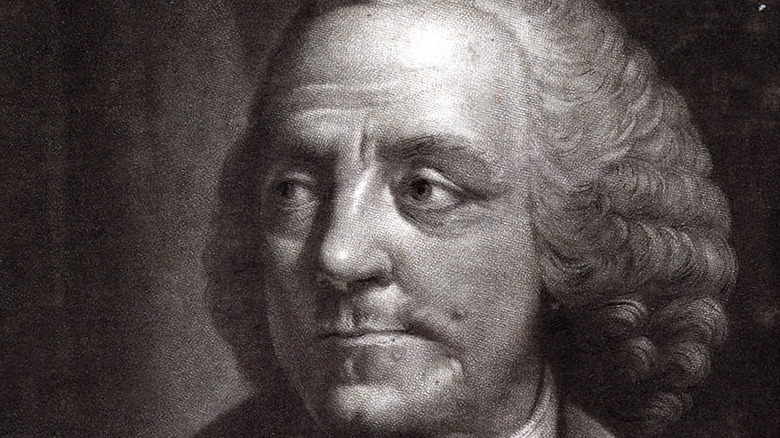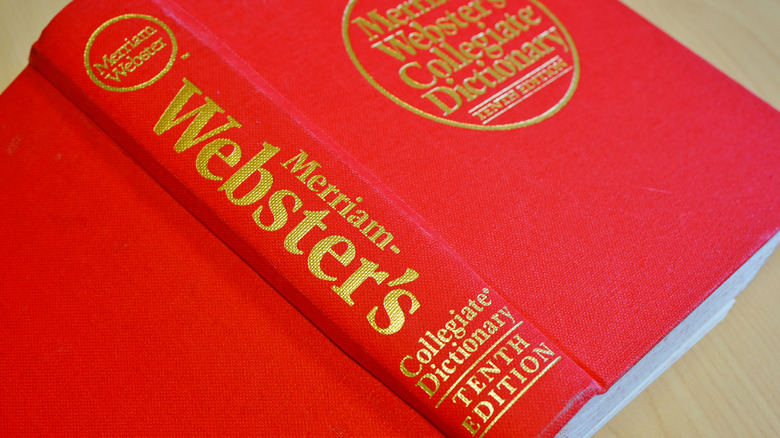Here's Why Benjamin Franklin Wanted To Change The Alphabet
In addition to being one of the Founding Fathers of the United States, Benjamin Franklin has many other accolades attributed to him. As a scientist, an inventor, a writer, and a politician (among other things), Franklin was quite a brilliant individual. His writing prowess would play a significant role in the drafting of one of the founding documents of America, the Declaration of Independence, per U.S. History. With his inquisitive mind, it is not surprising that he was constantly coming up with new ways to do things. One thing that he thought could be improved was the basis of the English language, the alphabet.
According to Smithsonian Magazine, Franklin believed that a phonetic alphabet should replace the existing one. In his mind, a new nation should have a new language, and therefore, a new alphabet. He formulated his new alphabet in 1768, but it was not until two decades later that it was published in the "Dissertations of the English Language," by Noah Webster. Yes, the Noah Webster who literally wrote the dictionary thought Franklin's idea was interesting enough to put it into print. Unfortunately, actual images of the new alphabet had to wait until new printing blocks of the new letters could be produced, as they did not exist yet.
New country, new language, new alphabet
Ben Franklin's new philosophy with this new phonetic alphabet was based on his belief in "prioritizing the alphabet by sound and vocal effort," as stated in Smithsonian Magazine. As a result of using this concept as the basis for his new alphabet, the letters C, J, Q, W, X, and Y were eliminated. In Franklin's mind, these letters were completely unnecessary to the English language because they make the same sounds as other letters. It was much more efficient in his mind to limit every letter to making one sound, instead of having multiple letters making multiple sounds. He included six new letters of his own making to replace those removed.
Despite his support from people like Webster, Ben Franklin's campaign to reimagine the English language was not widely accepted. While he theorized that making these adjustments would cut down on spelling errors and be overall easier for people to learn, the idea never really caught on. Turns out Webster actually loved Franklin's idea more than he did. Even after Franklin gave up trying to change people's minds, Webster continued with his plans to convert others to the phonetic alphabet. Ultimately his campaign fell on deaf ears, and as a result, we speak and write as we do today.

